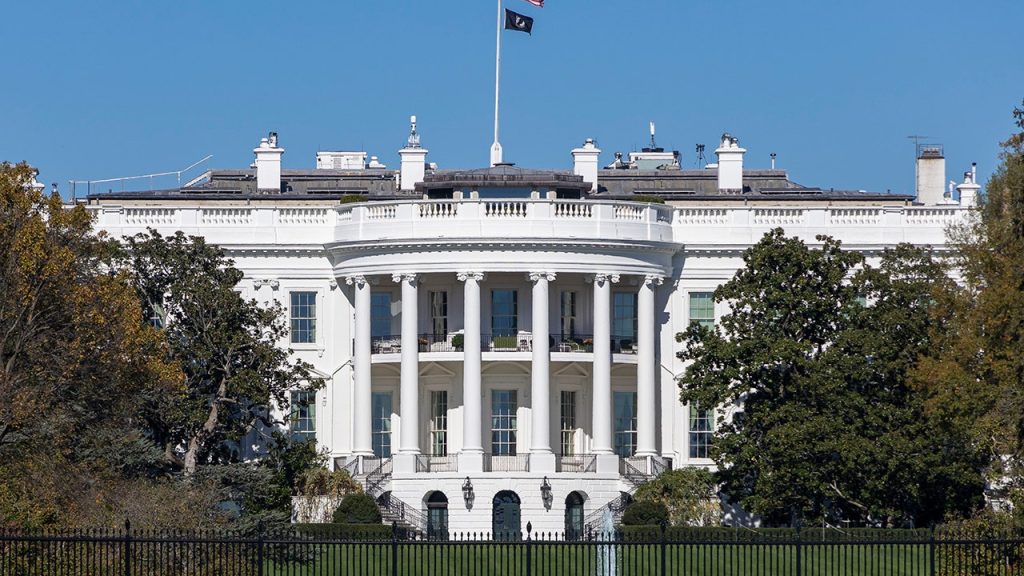The Biden administration’s ongoing negotiations with the Taliban to secure the release of three American citizens held in Afghanistan have sparked a complex debate over the potential implications of such a deal. The proposed exchange involves the release of Muhammad Rahim al Afghani, a suspected senior Al Qaeda aide held at Guantanamo Bay, in return for the freedom of George Glezmann, Ryan Corbett, and Mahmoud Habibi, Americans detained in Afghanistan in 2022. This delicate balancing act between securing the release of American citizens and potentially emboldening a terrorist organization has raised concerns within the U.S. government and among foreign policy experts.
The negotiations, which have been underway since at least July 2023, underscore the challenging realities of engaging with the Taliban, a group designated as a terrorist organization by the United States. While the Biden administration prioritizes the safety and well-being of American citizens abroad, the potential release of a high-value detainee like Rahim raises serious concerns about the potential ramifications for national security and the fight against terrorism. The Taliban’s counteroffer, requesting the release of Rahim and two additional individuals in exchange for only two of the three Americans, further complicates the situation and underscores the difficult choices facing the administration.
The complexities surrounding the potential prisoner exchange are multifaceted. Rahim’s alleged close association with Osama bin Laden and his suspected involvement in Al Qaeda activities make him a figure of significant concern. Releasing him could be interpreted as a concession to the Taliban and a potential validation of their methods. Moreover, it could embolden other terrorist groups to detain Americans abroad, using them as bargaining chips in future negotiations. The Taliban’s counteroffer, seeking a more favorable exchange ratio, further highlights the power dynamics at play and the difficult position the U.S. finds itself in.
The Biden administration faces a difficult dilemma. On one hand, the imperative to bring American citizens home safely is paramount. The families of Glezmann, Corbett, and Habibi are undoubtedly enduring immense hardship, and the government bears a responsibility to exhaust all possible avenues for their release. On the other hand, the potential release of a figure like Rahim could have serious long-term consequences for national security. It could strengthen the Taliban, potentially destabilizing the region and undermining efforts to counter terrorism.
The congressional briefing provided by National Security Advisor Jake Sullivan in December 2024 indicates the seriousness with which the administration is considering this matter. The concerns raised by Representative Michael McCaul, chairman of the House Foreign Affairs Committee, reflect the broader anxieties surrounding the potential swap. McCaul’s skepticism about the Taliban’s counteroffer highlights the need for a thorough assessment of the potential risks and benefits before any final decision is made. The administration must weigh the immediate imperative of securing the release of American citizens against the potential long-term consequences for national security.
The ongoing negotiations with the Taliban represent a high-stakes diplomatic challenge for the Biden administration. The situation underscores the complex realities of engaging with designated terrorist organizations and the difficult choices that must be made when the lives of American citizens are at stake. The potential release of a high-value detainee like Rahim raises legitimate concerns about the potential impact on the fight against terrorism. The administration must carefully consider all the potential ramifications before making a decision that could have significant and lasting consequences. Finding a resolution that prioritizes the safety of American citizens while safeguarding national security requires a delicate balance and a thorough assessment of all available options.

